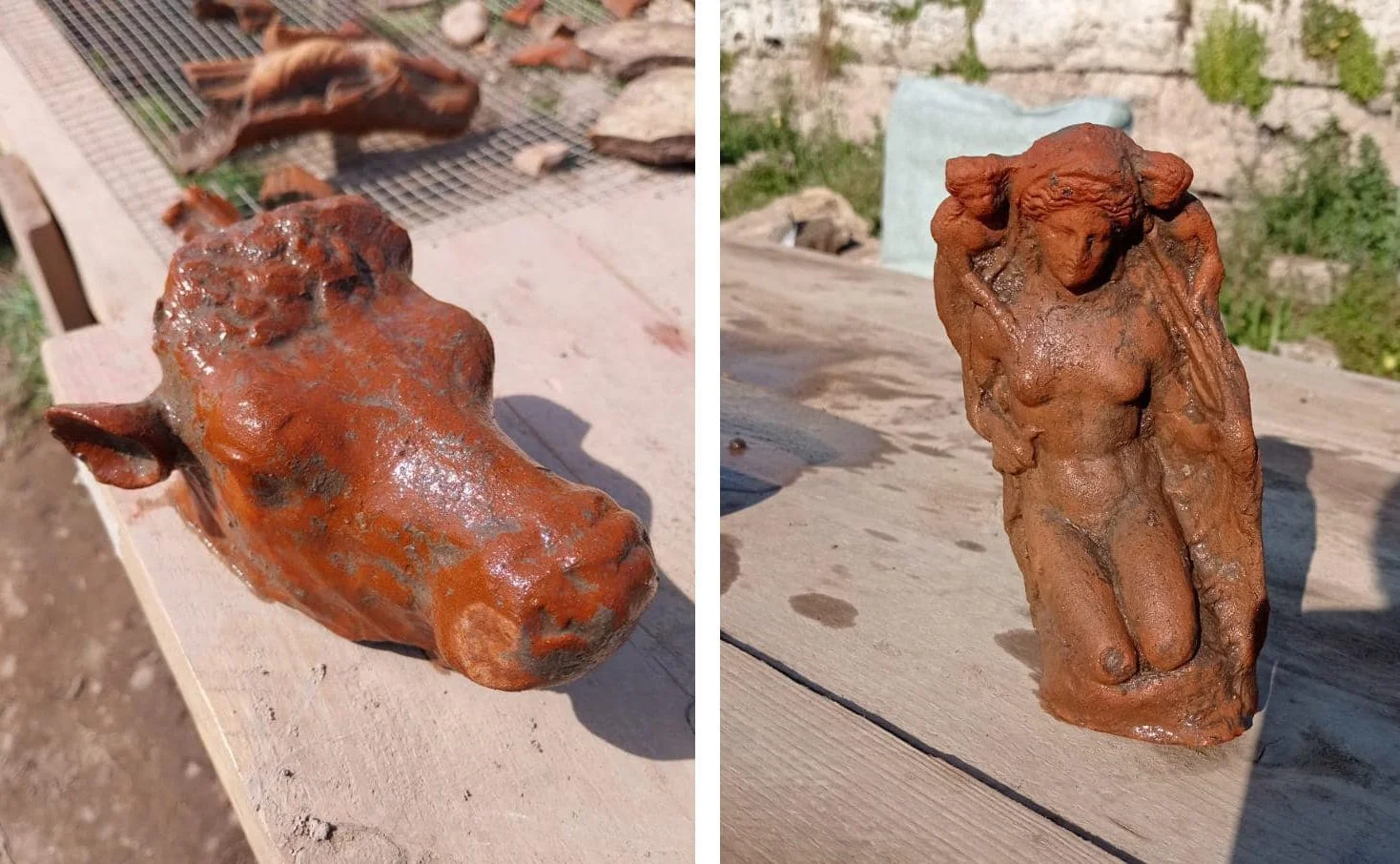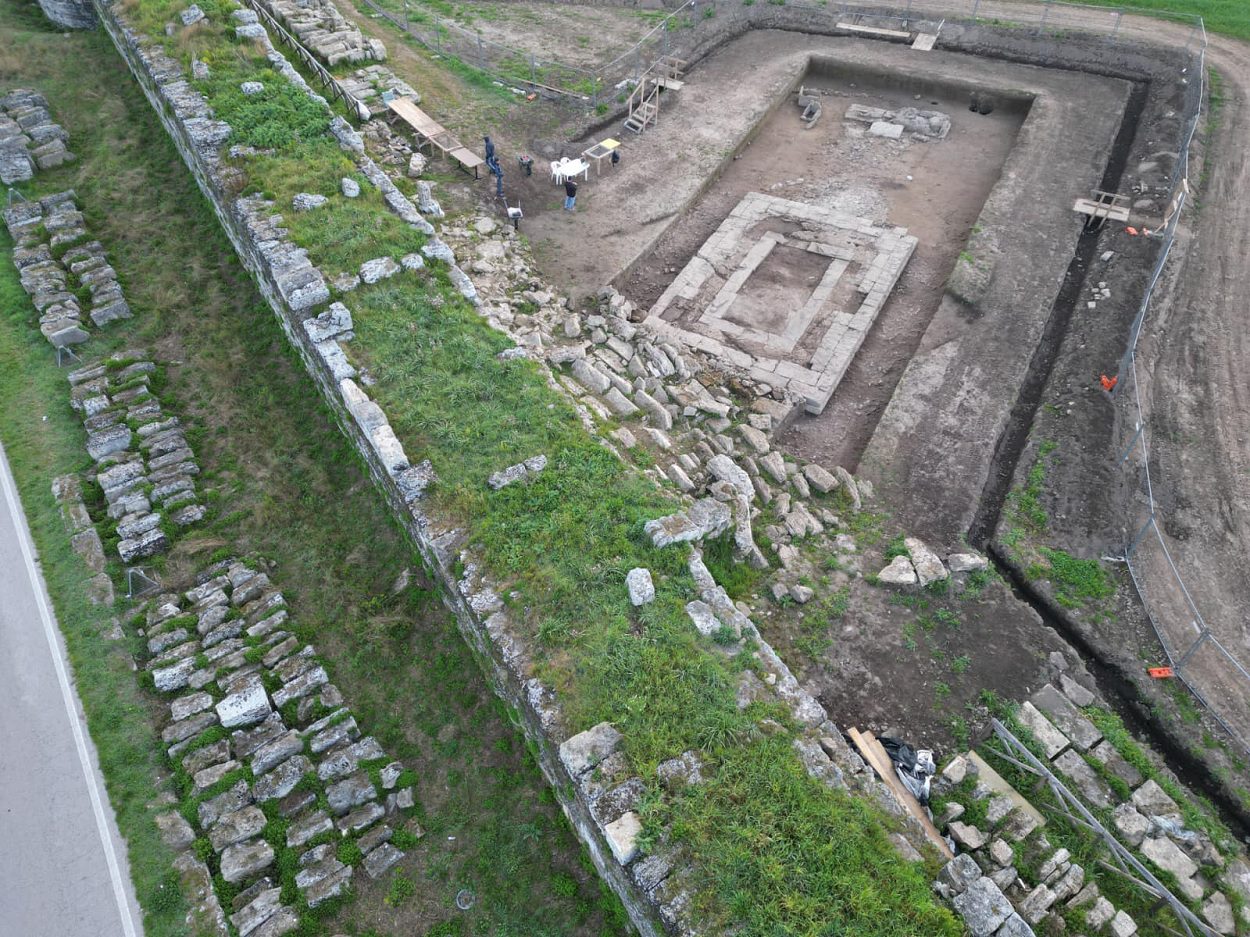Archaeologists excavating in ancient Paestum have uncovered a trove of artefacts, shedding new insights into ritual activities in a recently discovered temple.
Paestum was a major ancient Greek city on the coast of the Tyrrhenian Sea in Magna Graecia, located in present-day southern Italy.
The city was first settled by Greek colonists under the name of Poseidonia, which emerged into a major trading port and religious centre.
Paestum was renowned in the ancient world for its three temples in the Archaic version of the Greek Doric order, dating from about 550 to 450 BC. Two of the temples were dedicated to Hera (the goddess of marriage, women and family, and the protector of women during childbirth), and one temple was dedicated to Athena (the goddess of wisdom, warfare, and handicraft).

The city was eventually conquered by the local Lucanians, and later the expanding Roman Republic, which renamed the city to Paestum. As Pesto or Paestum, the town became a bishopric (now only titular), but it was abandoned in the Early Middle Ages.
In an announcement by the Archaeological Park of Paestum and Velia, excavations first commenced in 2019 (postponed due to the COVID outbreak) have revealed a fourth temple along the city’s western walls.
The temple is doric in design with a stone base and a sacred sanctuary. Archaeologists found architectural features and terracotta figurines, including a dolphin statuette from the Avili family of ceramists and depictions of various deities and figures,
Several terracotta bull’s heads were discovered placed around the altar, which has grooves in the stonework for collecting blood during ritual ceremonies which involved sacrificing bulls.
Gennaro Sangiuliano, the Minister of Culture, said: “The discovery of hundreds of statues and altars in the small temple of Paestum confirms the extraordinary value of this site”.
Header Image Credit : Archaeological Park of Paestum and Velia





